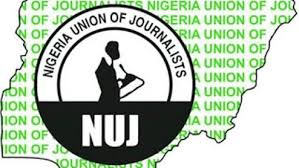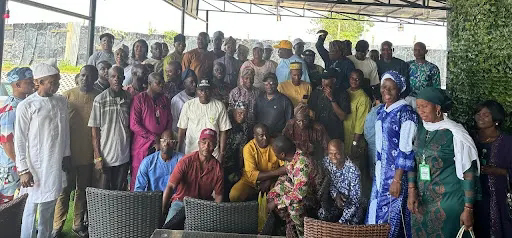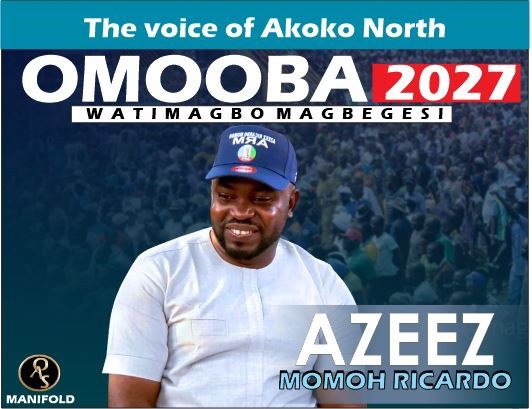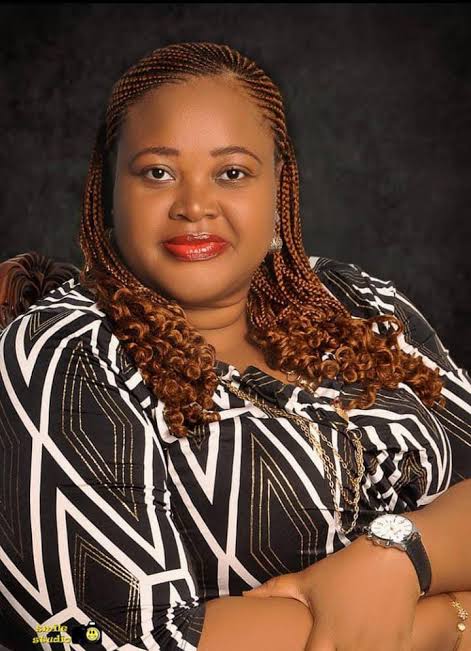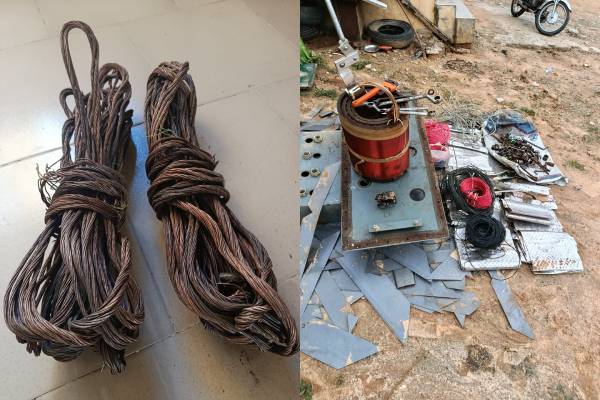The Nigeria Union of Journalists (NUJ) has urged the National Assembly to include stronger constitutional protections for media professionals and to establish a bailout fund to support struggling independent media organisations in the country.
The appeal was made during the South West Zonal Public Hearing on the review of the 1999 Constitution, held on Friday in Akure, Ondo State.
The event was organised by the House of Representatives Committee on Constitutional Review.
Speaking through the Chairman of the Ondo State Council of the NUJ, Prince Leke Adegbite, the Union’s National President, Comrade Alhassan Yahya Abdullahi, emphasised the essential role the media plays in informing the public and holding the government accountable.
Abdullahi, in his submission to the panel, highlighted the growing concerns over press freedom, the safety of journalists, and the financial instability threatening the operations of independent media outlets.
He described journalism as a cornerstone of democratic governance, stressing that the insecurity facing media workers and the economic strain on news organisations should be regarded as serious national concerns.
Referring to Section 22 of the 1999 Constitution, which assigns the press the duty of ensuring government accountability, he called for enhanced legal provisions to safeguard the operations and welfare of journalists across the country.
“The press serves as the watchdog of society, bringing transparency to governance and ensuring public participation in the democratic process. When journalists are exposed to danger or intimidation, their ability to perform these duties is compromised,” he stated.
The NUJ proposed that the amended constitution should specifically guarantee the protection of journalists and their equipment, ensuring their right to safety, free expression, and liberty.
Abdullahi noted that such constitutional backing would also help address the persistent culture of impunity surrounding attacks on media practitioners.
On financial sustainability, the NUJ president advocated for the creation of a Media Bailout Fund, particularly for private and independently owned media outfits.
He noted that many media houses are grappling with dwindling advertising revenue and escalating operational costs, which threaten their survival and editorial independence.
He added that a well-managed bailout fund would support investigative journalism, safeguard media jobs, and insulate outlets from undue commercial and political influence.
To ensure transparency and fairness, Abdullahi proposed that the fund be overseen by an independent body with clearly defined eligibility criteria.
He also encouraged lawmakers to model Nigeria’s press freedom legislation after global best practices, pointing out that several democracies have adopted similar bailout mechanisms to preserve journalism as a public good.
Abdullahi concluded by urging the constitutional review committee to act decisively in supporting the journalism profession, arguing that the proposed reforms would not only protect journalists but also help deepen democratic governance and promote access to reliable and diverse information for all Nigerians.


